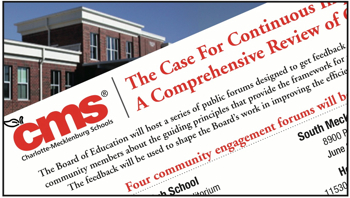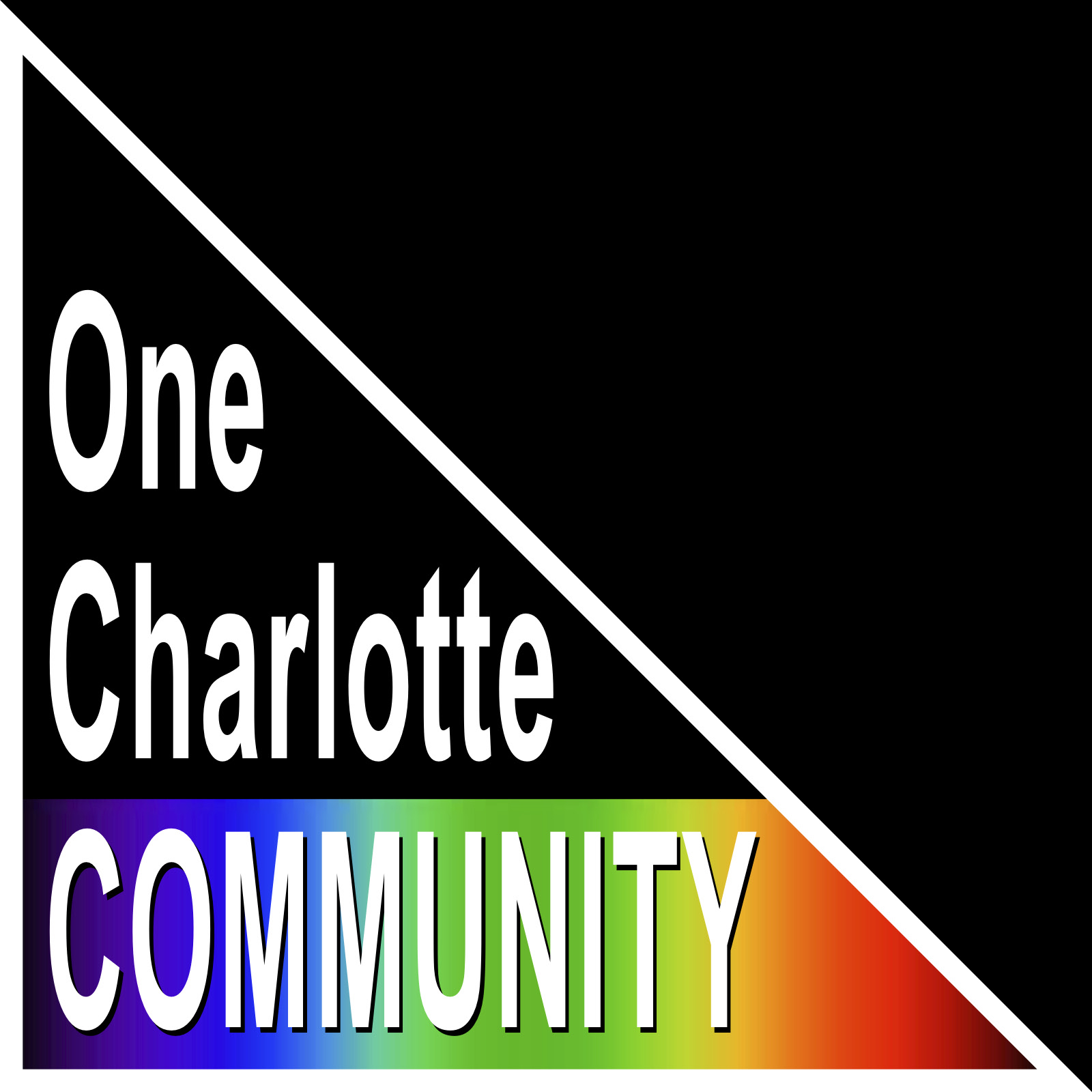June 18, 2010
School board members have launched a “comprehensive review” of Charlotte-Mecklenburg Schools. The project will no doubt identify the requisite budget cuts. But for the community, it will be either a hollow exercise or a disaster.
CMS documents released this month focus on “how” questions: How do we assign students? How do we use facilities? How do we minimize transportation expenses? A comprehensive review asks different questions. Indeed, there is really only one key question:
What will it take to have every schoolchild operating at or above grade level?
Not how much it will cost. What will it take?
We are not doing right by thousands of our children every year. We don’t seem to have a clue how to stop the failures and dropouts, reduce incarcerations and prepare every child for a productive, healthy, stable life.
And we don’t seem to want to ask why. And why is that? Is it because we like paying for the prisons warehousing our failures? Is it because we disagree with the notion of being our brother’s keeper? Is it because we abhor the Golden Rule?
Or is it because there is no one in Charlotte-Mecklenburg leadership who is calling the larger community out of its complacency?
The CMS board should expect from its staff not a list of schools to close, but a blueprint of what it will take to have every child learning on grade level. How can the board decide what programs and personnel are expendable when it has no idea what it will take to get the key job done?
Essays like this generally end with some bullet points. Below are a few. But don’t let the bullets obscure the key question: What will it take to have every schoolchild operating at or above grade level?
Ask the children. At primary, middle and high schools, experts are waiting to be heard. Could we find a few adults willing to listen to what our children believe will help their friends learn?
Take it home. If 40 percent of a child’s waking hours are in the schoolhouse, then perhaps 60 percent of the ingredients for – or barriers to – educational success may be outside the schoolhouse. If we want to identify what it will take to have every schoolchild learning at or above grade level, we must identify what works and what doesn’t work during those hours away from the schoolhouse, share that message with parents and marshal public resources to ensure that all children live in a nurturing environment. We need a far broader working definition of child abuse and abandonment.
Leave no kinesthetic behind. The children who learn by hearing or watching can be well-served in the American classroom. The children who can’t sit still or need to learn by doing tend to get labeled as dumb. Not so. Just different. Have we experimented with transportation zones for kinesthetic learners?
Begin at conception. Did Geoffrey Canada’s April speech to a sellout Foundation for the Carolinas crowd plant a seed, or just make a joyful noise? Have partnerships been launched between CMS and the Presbyterian and Carolinas Medical Center maternity wards? Has prenatal care become universal?
Look beyond “seat time.” What should young people know and be able to do in order to graduate high school? If that’s the question, we will find that thousands of even our middle schoolers are ready to graduate. And they SHOULD receive diplomas – along a seamless track into more challenging educational pathways at CMS schools, at CPCC, at UNCC, at virtual schools and elsewhere.
Look beyond CMS. The elected school board has an ethical duty, if not a mandated one, to look out for the educational attainment of all children in this community. It should learn from schools that are excelling. It should call out others that are failing. For it is all about the children, not about the institutions that parents have entrusted with the task.
– OCC –
Steve Johnston is operator of this website. He wrote a weekly journal on Charlotte-Mecklenburg public education from 2000 to 2005. This column was first published in the Charlotte Observer’s opinion section.


